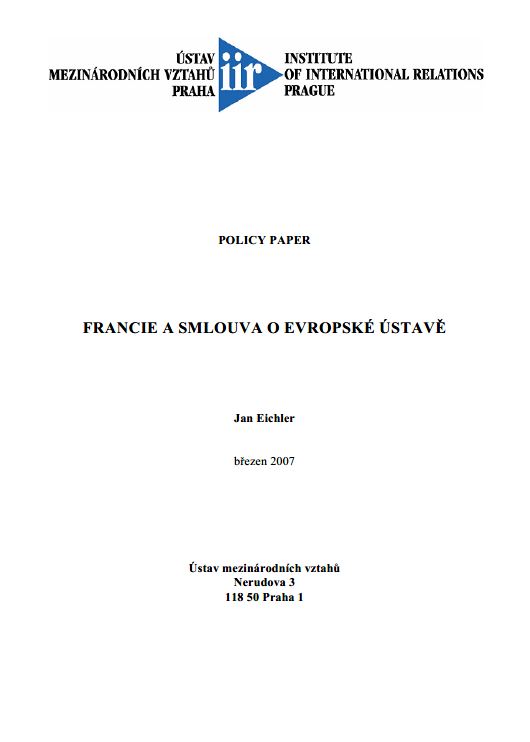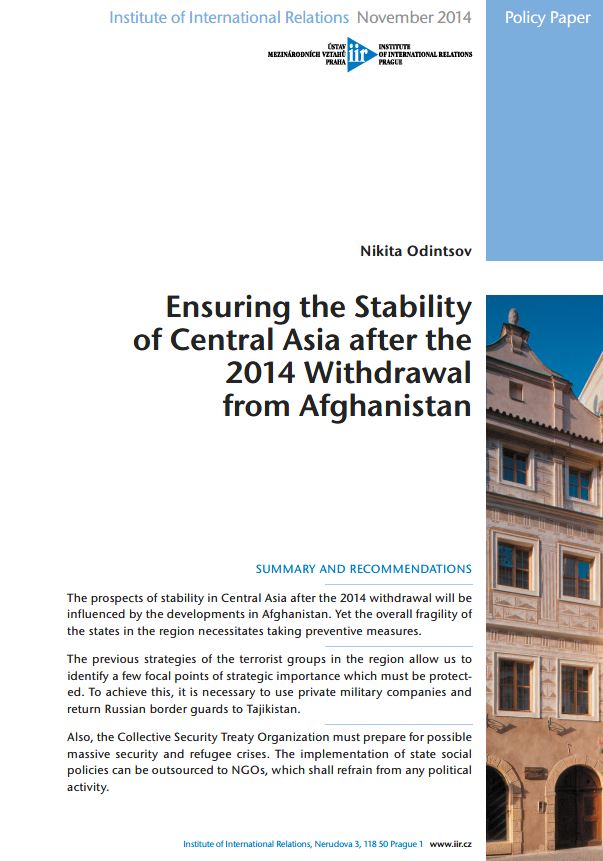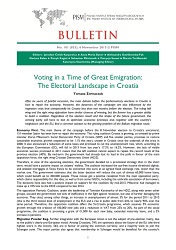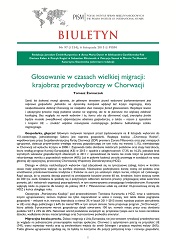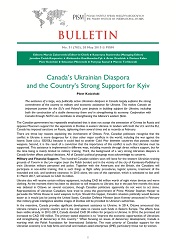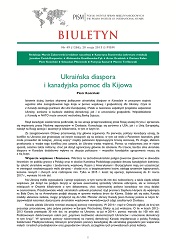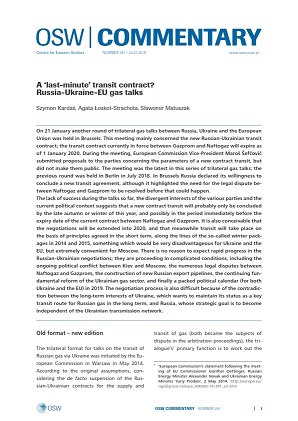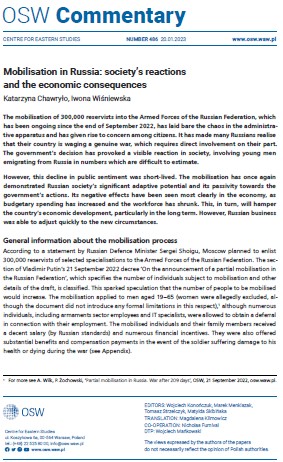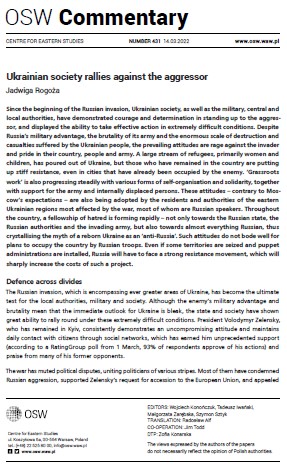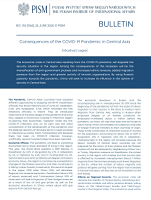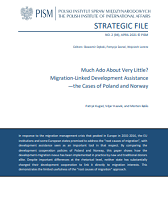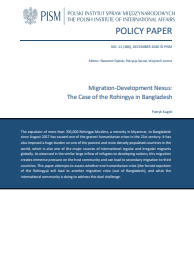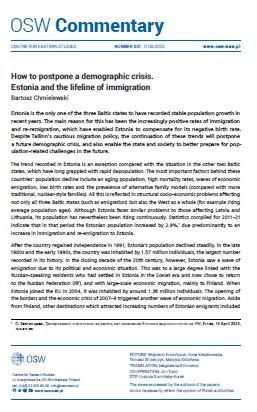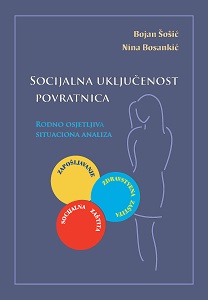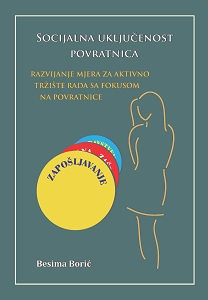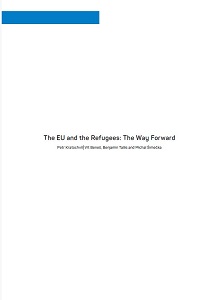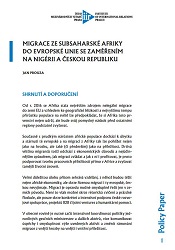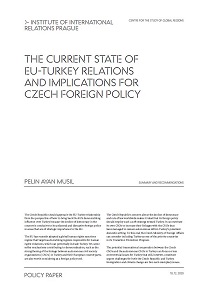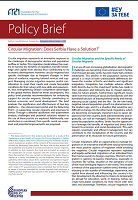Author(s): Nina Bosankić,Bojan Šošić / Language(s): Bosnian
Rodna ravnopravnost u oblasti socijalne, ekonomske i zdravstvene politike je izuzetno važna kako na razini Evropske unije i Vijeća Evrope, tako i na razini domaćih institucija zaduženih za promociju i implementaciju međunarodnih standarda ženskih ljudskih prava. U zadnjih nekoliko godina napravljeni su određeni pomaci, ali je još uvijek potrebno ulagati napore kako bi se reducirala stopa nezaposlenosti i socijalne isključenosti žena, a napose žena koje pripadaju najosjetljivim dijelovima bosanskohercegovačkog stanovništva, a to su povratnice. Socijalna isključenost povećava stopu siromaštva, nesigurnosti, a time i ukupnog razvoja društva. Siromaštvo i obespravljenost općenito najviše pogađaju žene, a u Bosni i Hercegovini zbog teške sveukupne ekonomske situacije i postratne tranzicije povratnicama je izuzetno teško, jer često same vode brigu o domaćinstvu i porodici i suočavaju se sa različitim vrstama traumatskih iskustava koja su preživjele i za koja ne nalaze adekvatno razumijevanje i podršku u zajednici. O socijalnoj uključenosti do sada se pisalo i govorilo (UNDP, Socijalna uključenost u BiH), ali status povratnica nije posebno analiziran, niti postoje podaci o njihovom ekonomskom i socijalnom statusu. Situaciona rodno osjetljiva analiza koju je provela TPO fondacija, prvi je pokušaj da se detektira stanje i da se shodno tome predlože mjere unaprijeđenja statusa povratnica. Te mjere podrazumijevju promicanje rodno osviještenih politika u cilju postizanja ravnopravnosti i jednakih mogućnosti za žene i muškarce, o čemu se detaljnije govori u TPO publikacijama: ''Mjere zapošljavanja za povratnice u BiH'' i Rodno osjetljiva analizi zakona i drugih dokumenata relevantnih za povratnike/ce.'' TPO fondacija implementira projekat Socijalne uključenosti povratnica zahvaljujući partnerskim organizacijama u lokalnim zajednicama Bosne i Hercegovine: Lara Bijeljina, Forum žena Bratunac, Krajiška suza S. Most, Udruženje žena B. Grahovo, Medica Zenica i Žena BiH Mostar, bez čije podrške ne bi bilo moguće uspješno uraditi posao na terenu, te im se na ovaj način najiskrenije zahvaljujemo za uspješnu saradnju. Nadamo se da će ova analiza biti od koristi relevantnim državnim institucijama koje se bave pitanjima povratka i rješavanjem socijalnog statusa povratnika/ca da u svojim politikama povratka uključe i rodno osjetljive pristupe i perspektive i osiguraju veću uključenost povratnica kroz različite vidove pomoći u obrazovanju, prekvalifikacijama, zapošljavanju i boljim uvjetima socijalne zaštite. Na taj način će se ispoštovati postavljeni standardi evropske unije u oblasti socijalnih politika, a što je još važnije, najranjivijim grupama – povratnicama bit će data šansa da osiguraju sebi i svojim porodicama život dostojan čovjeka. Norveška vlada je podržala ovaj projekat na čemu smo posebno zahvalni, jer smo po prvi put u Bosni i Hercegovini dobili mogućnost da se pozabavimo povratnicama i općenito rodnom perspektivom povratka. Stavovi izeneseni u ovoj analizi ne odražvaju zvanične stavove norveške vlade.
More...
